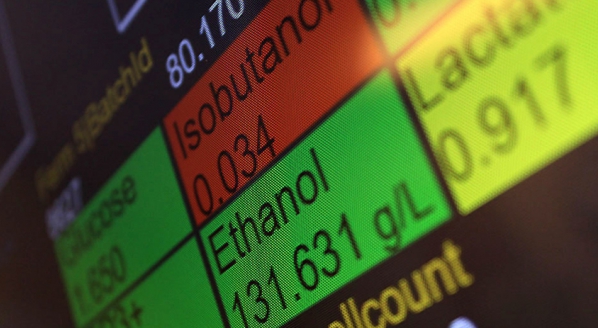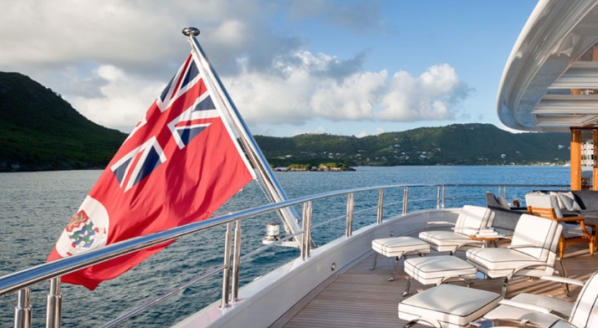Greece introduces new VAT rules for charter vessels
Confusion remains over how Greece will implement the system and whether it will be operational by summer 2020…
Greece’s new VAT rules are in accordance with the European Union’s directive and are the same rules that have been applied in both France and Italy. The new rule is based on the principle that VAT is charged at the full rate (24 per cent) for the time that the yacht is in EU waters, and no VAT is applicable while in international waters or non-EU waters. VAT will be applicable in the country where the charter begins.
However, there are subtle differences in how Greece has chosen to implement the changes which has raised questions over whether or not the new system will be actionable in time for the summer charter season. Furthermore, unlike France, there will be no stay of execution for charter contracts that have already been signed, meaning that a number of guests will be required to pay a higher rate of tax in the event that they continue with their charter plans.
“Initially this will effect both vessels chartering in Greece and vessel that are in possession of Greek charter licenses,” explains Chris Peacock, Ionian islands and Albania area manager for Evolution Yachting. “The idea is to link yacht's AIS systems to a government platform that will follow yacht movements and will, according to these movements calculate the VAT due. However, I have doubts that such a system will have much success, technical difficulties are bound to arise. For example, conflicting information from the yacht and the government platform, times when AIS systems on-board may be down, sheer number of vessels in the high season and possible privacy issues, may cause disruption to its implementation.”
There are three tax brackets to be implemented and they will be calculated as below:
- VAT 24 per cent full Greek charter rate – Applies to charters that take place in Greek waters without exiting to non-EU or International waters (Staying within the six miles limit)
- VAT 24 per cent – With a deduction option for time spent outside of EU waters or in International waters. This will take in to consideration all chartered days in an accounting year.
- Discounted at 50 per cent (VAT 12 per cent) – This will be for yachts that spend a minimum of 60 per cent of charter time/days outside of territorial waters. (Territorial waters are considered: six nautical miles from the mainland and six nautical miles from the territorial waters of an Island). This also applies for yachts commencing charters outside EU territory and that remain outside for more than 60 per cent of chartered days and end their charter in Greece.
“Non-Greek flagged/licensed yachts that intend on embarking and disembarking outside of Greek waters but will be passing through Greek territorial waters, such as Saranda Albania to Saranda Albania or Turkey to Turkey have to assume that 24 per cent VAT will be applied, this will be calculated on the full charter amount in accordance with days spent in Greek waters. However due to the technical difficulties mentioned above, at this present moment there is no clear instructions on how to collect or who will be responsible to collect this VAT),” continues Peacock.
“To many peoples’ disappointment these plans do not mean that the Greek cabotage laws will be abolished, embarking and disembarking in Greece without a Greek charter licence is still out of the picture.”
In the long-term it is hoped that the necessary Greek authorities will see the benefit of the new taxation system and will, accordingly, amend Greece’s prohibitive cabotage laws. Additionally, once all popular superyacht destinations within the EU apply the same laws as instructed by the EU’s directive, the market will have taken a large step towards the fiscal homogenisation that has been much lauded in recent years. However, it is more than likely that in the coming years certain nations will fail to implement the new directive in a practical and easy-to-understand way – a period of teething should be expected. Once the creases have been ironed out, however, we may see the emergence of a fairer charter market that is more reliant on merit than cost effectiveness and VAT savings.
NEW: Sign up for SuperyachtNewsweek!
Get the latest weekly news, in-depth reports, intelligence, and strategic insights, delivered directly from The Superyacht Group's editors and market analysts.
Stay at the forefront of the superyacht industry with SuperyachtNewsweek
Click here to become part of The Superyacht Group community, and join us in our mission to make this industry accessible to all, and prosperous for the long-term. We are offering access to the superyacht industry’s most comprehensive and longstanding archive of business-critical information, as well as a comprehensive, real-time superyacht fleet database, for just £10 per month, because we are One Industry with One Mission. Sign up here.
Related news

Finding purpose
How the virtuous business practices espoused by soft capitalism are changing the world of superyachts
Business

The future is not just electric
While electric propulsion may well be the long-term solution, legacy projects require a different approach
Technology

Cayman blacklisting to have no effect on the shipping registry
The Cayman Islands expects the blacklisting to be removed by October, in the meantime it is business as usual
Business

Update: Second major boat show of the year postponed due to Coronavirus
Dubai International Boat Show will be postponed to 24-28 November 2020
Business

The changing face of commercial yachting
Thibault Hermant, Partner H&V Yachting, explores how recent VAT changes will effect charter vessels
Business

IR35: are you prepared?
Changes due to come into place in April which will affect the superyacht industry
Business
Related news
Finding purpose
6 years ago
The future is not just electric
6 years ago
The changing face of commercial yachting
6 years ago
IR35: are you prepared?
6 years ago
NEW: Sign up for
SuperyachtNewsweek!
Get the latest weekly news, in-depth reports, intelligence, and strategic insights, delivered directly from The Superyacht Group's editors and market analysts.
Stay at the forefront of the superyacht industry with SuperyachtNewsweek




